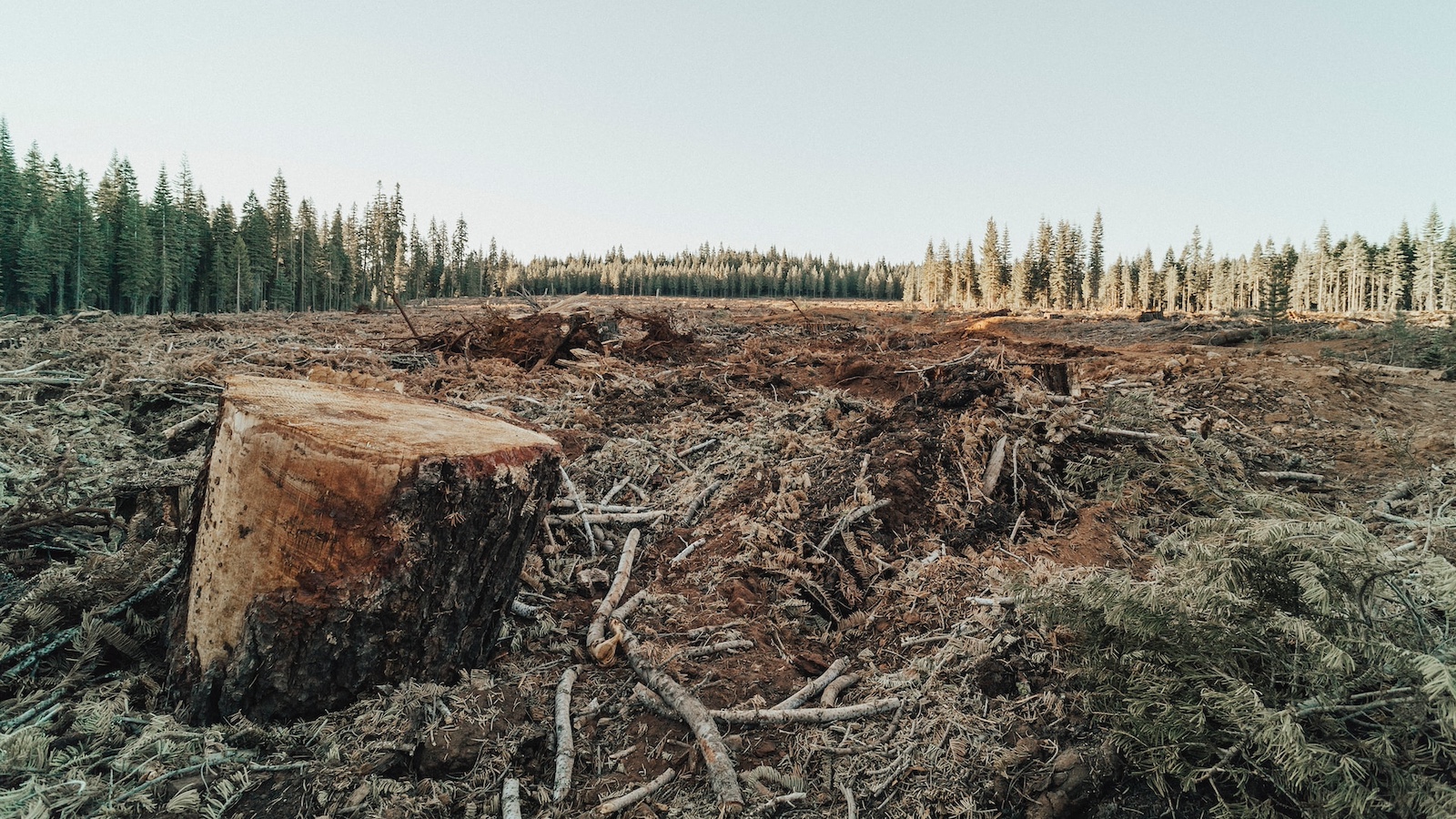Wiping out forests for toilet paper
The Canadian boreal needs our help before it gets flushed down the drain.
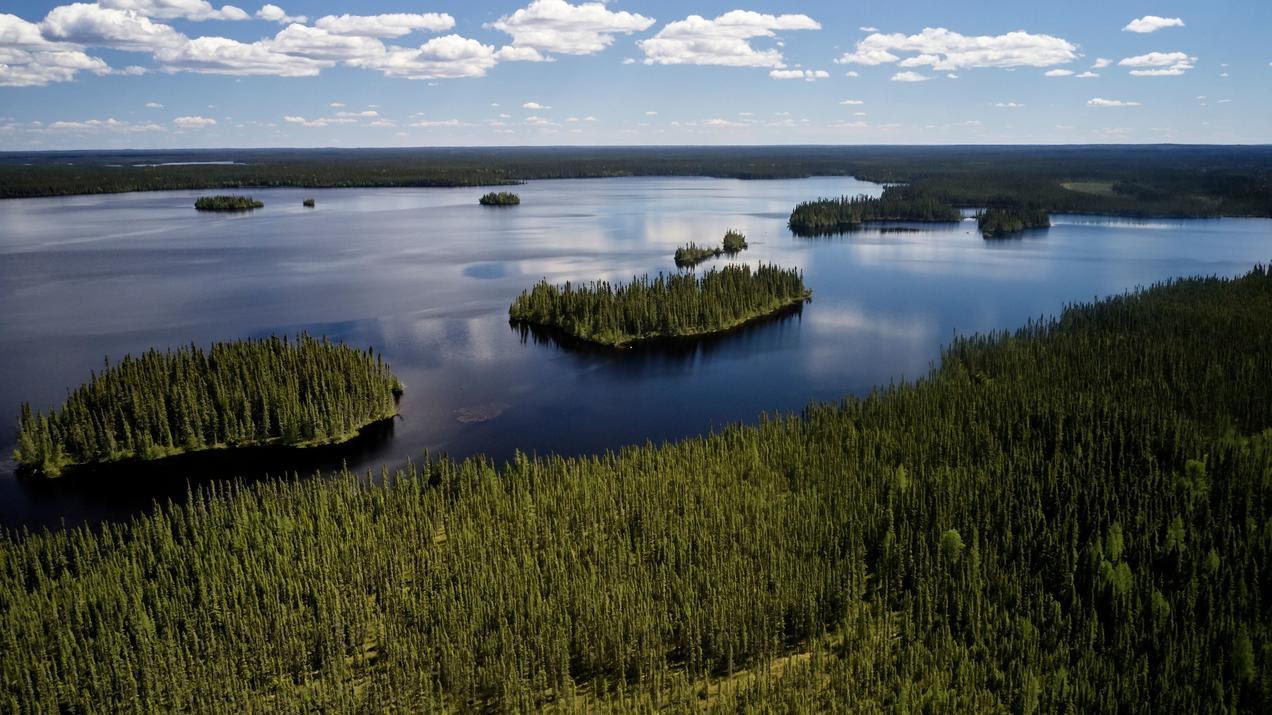
Photo credit for all photos in this blog: River Jordan for NRDC
I’m still in my first month as a conservation fellow at Environment America, and I find myself working on toilet paper. I ask myself: How did I get here? Here is a short version:
I attended Washington University in St. Louis, where I studied environmental policy, and I am a certified ski instructor. Land, forest conservation and outdoor recreation issues are all very personal to me. I grew up with an immense love of our national parks and spent a semester studying forest activism in remote areas of Australia.
What does that have to do with toilet paper? I’ll get back to that in a moment. But first, I want to talk about Canada’s boreal forest and why we should all care deeply about it.
For starters, the boreal forest in Canada, as it stands today, is the largest remaining intact forest ecosystem left in the world. It is home to vast arrays of species, including endangered grizzlies and caribou. But these woodland creatures aren’t alone in benefitting from the boreal. This ecosystem is vital for humans because it provides climate change mitigation. The boreal contains up to 12 percent of the entire world’s carbon stores, making it one of the most essential ecological defenses against climate change.
But here’s the problem: A million acres of the boreal forest are being chopped down each year. That’s about seven hockey rinks a minute and the devastation is releasing stored carbon and fragmenting the habitat of the species that rely on it.
Okay, now we can talk toilet paper.
Environment America is honing in on toilet paper because this disposable product is contributing to the destruction of the indisposable boreal forest. Specifically, well-known toilet paper brands, such as Procter & Gamble’s Charmin, are made out of virgin wood fiber pulp. That key ingredient comes from these forests and harvesting it puts extreme demand pressure on this priceless ecosystem.
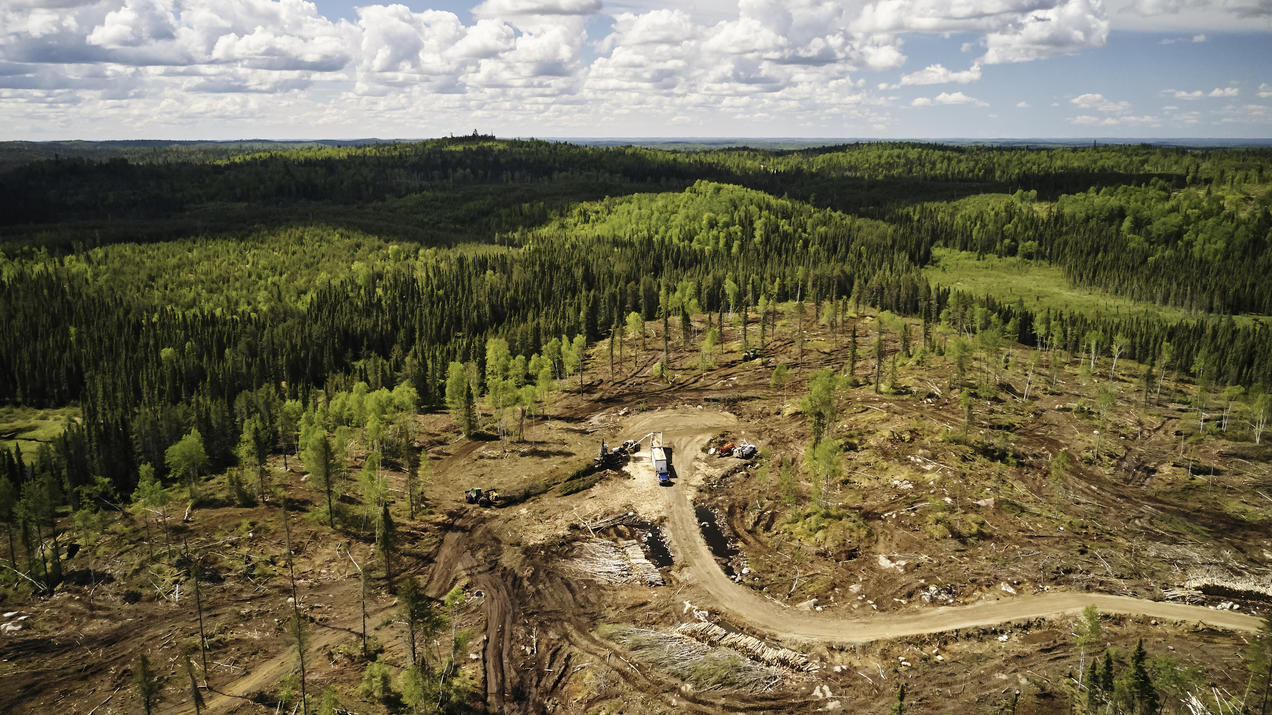
In February 2019, the Natural Resources Defense Council issued a report on the impacts toilet paper has on the Canadian boreal forests. Titled “The Issue with Tissue”, it lays out what clear-cutting vast swaths does to old-growth forests. In particular, the report graded Charmin Ultra with an “F” because it is made entirely virgin fiber and does not source all of its fiber from FSC-certified forests. Procter & Gamble’s own claims of “responsible forestry” in their annual citizenship report dodges the fact that logging boreal forests can cause practically irreversible destruction. What is also clear is that Charmin and other brands could easily reduce this devastating impact by using recycled fibers or other non-wood fibers in their toilet paper and other tissue products — much like some competing makers do.
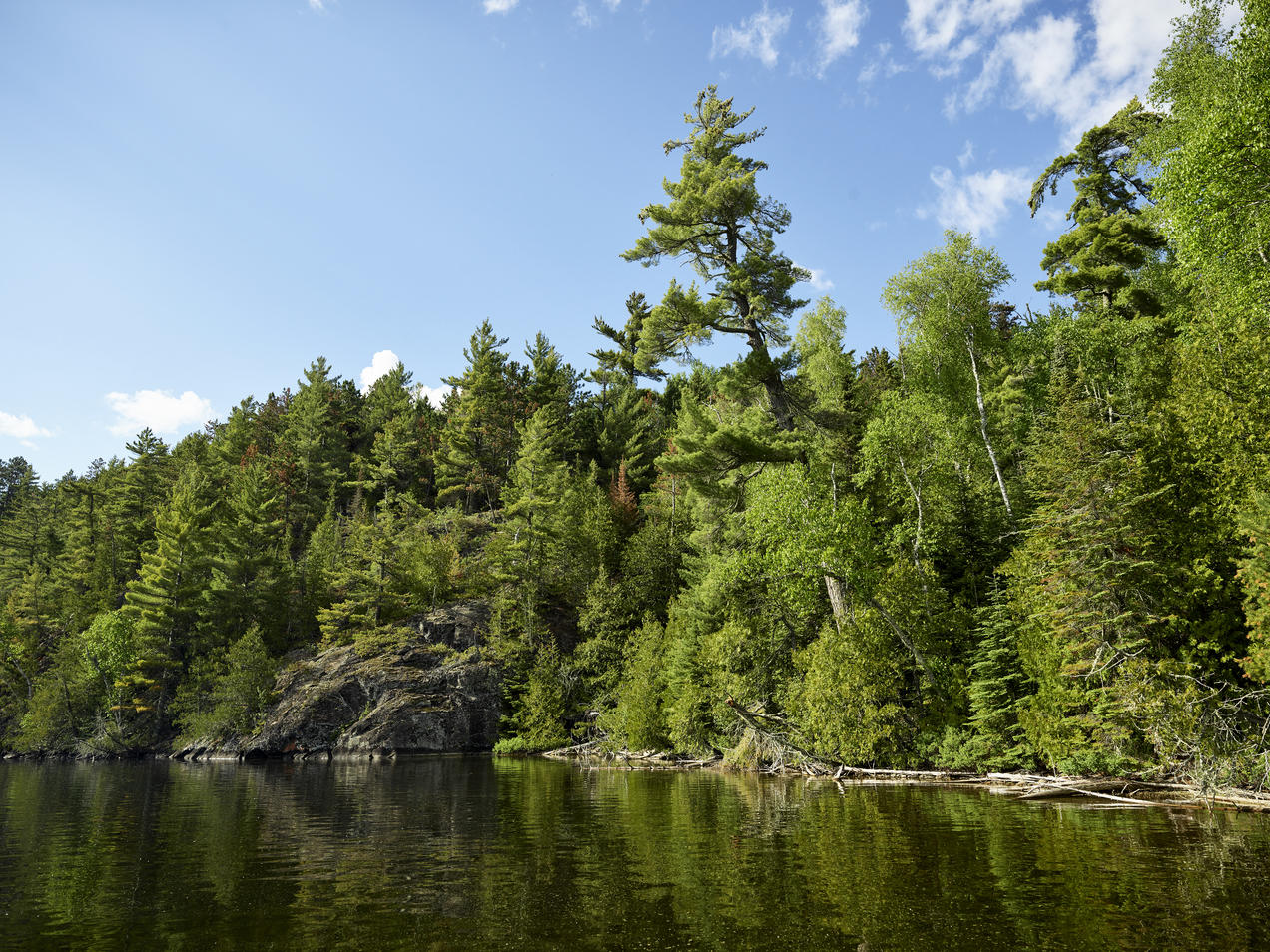
Tragically, Canada isn’t alone with this problem. Australia also has a tough time protecting its beautiful natural resources from destructive logging.Where I lived In southeastern Victoria during a brief period in college, forestry activists tried desperately to stop the destruction of a beautiful and ecologically viable rain forest. These trees provided homes for endangered sugar gliders and koalas but were slashed and ground up for single-use paper products. Seeing the majesty and importance of these trees firsthand, it was obvious how much of their value was simply forgotten on the way to producing a disposable product. This equation just doesn’t make any sense.
Every one of us can reduce the demand for virgin forest fiber tissue, which will, in turn, play a central role in stopping the clearcutting of boreal forests. Look for toilet paper brands that use recycled materials. There are plenty of them and, for many, they feel almost indistinguishable from the less sustainable brands.
Making the switch will send the message to Procter & Gamble that you won’t support the company until they shift to recycled toilet tissue materials. Use the power in your pocket to demand a change.
Beyond that, take the time to talk to friends and family about the environmental degradation of using virgin fiber toilet tissue. Maybe it’s not a dinner table conversation (only a suggestion), but it’s one worth having.
I’m only one week into my new position, but I’m so glad to have learned that something as small as toilet paper can have a big impact. I look forward to bringing my passion for conservation to this fight.
Topics
Authors
Ian Corbet
Find Out More
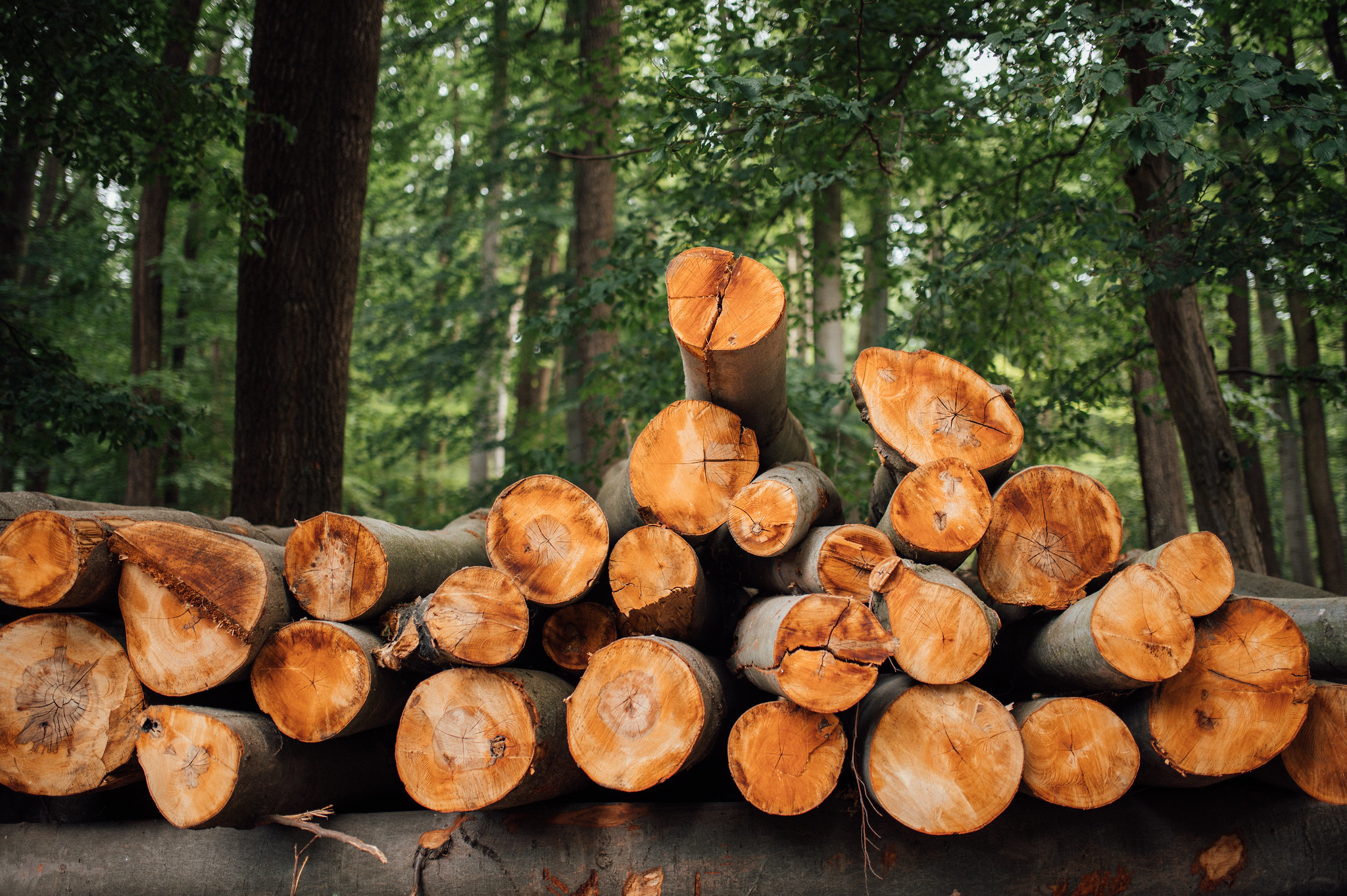
Which toilet paper companies are taking steps to be more sustainable?

What kind of planet protector are you?
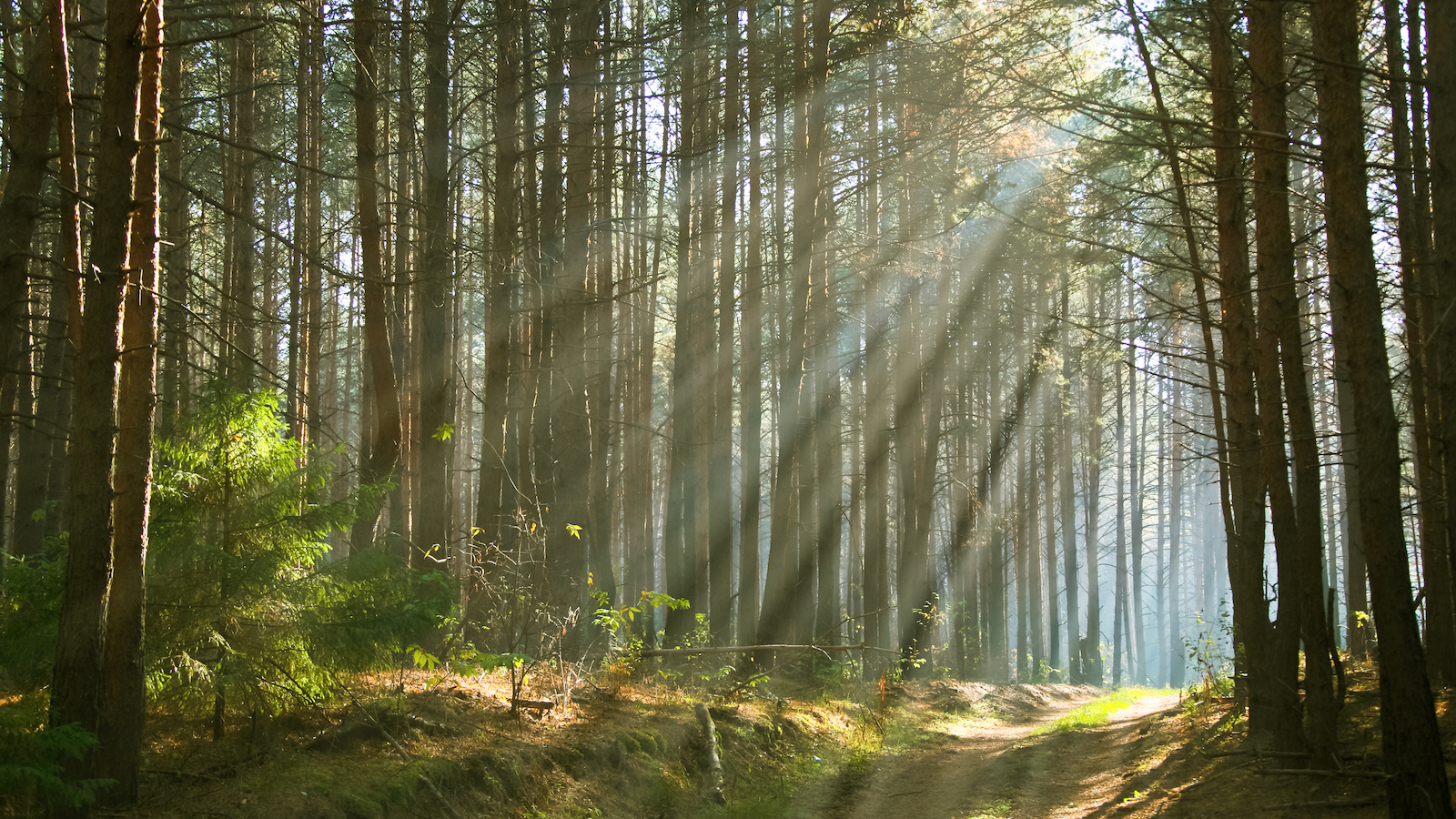
What can we do to keep the boreal forest from being flushed away?
